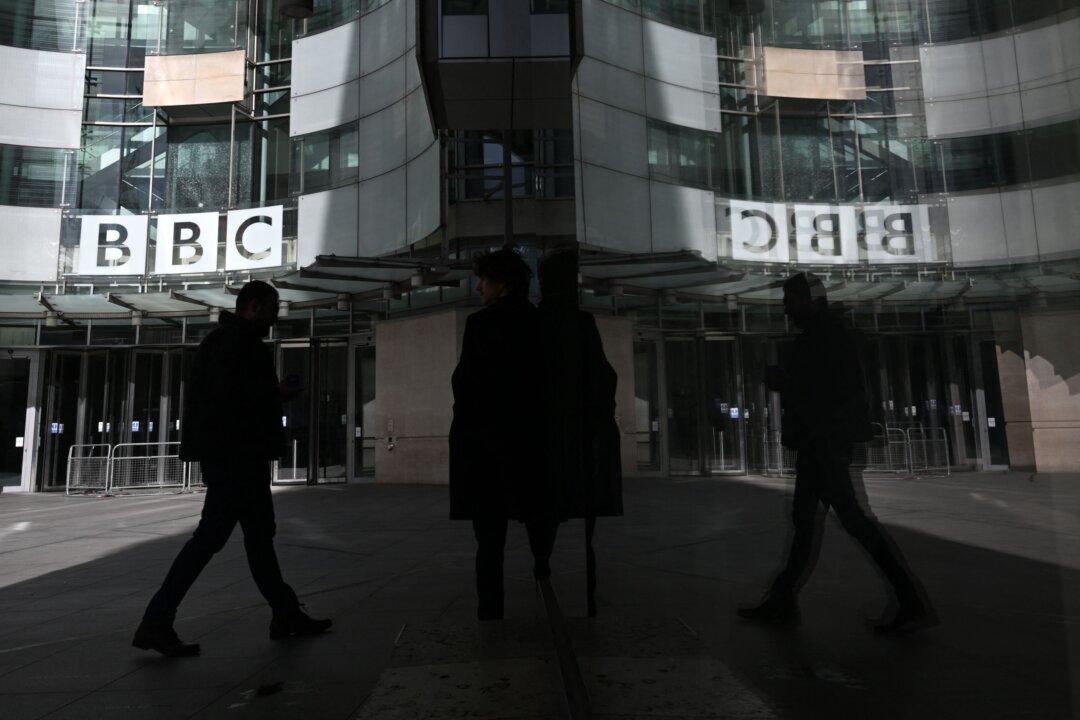The BBC will no longer refer to Hamas as “militants” by default after facing criticism for its coverage of the ongoing Israel–Hamas conflict.
The public broadcaster has previously refused to refer to Hamas as terrorists, instead using the terms “bomber, attacker, gunman, kidnapper, insurgent, and militant” despite the group’s attacks on Israel.





